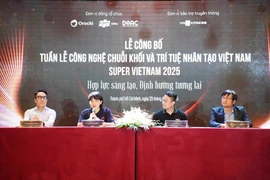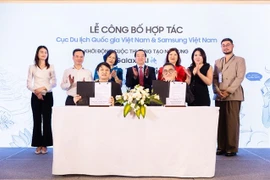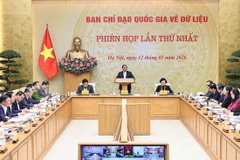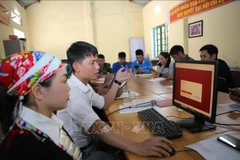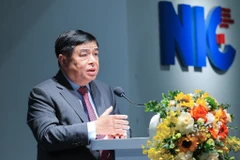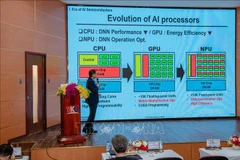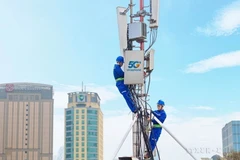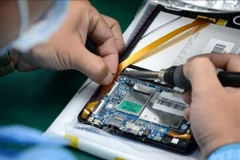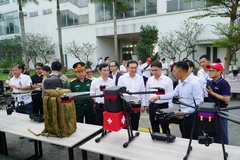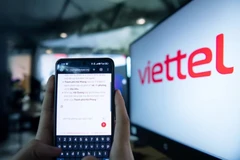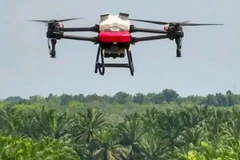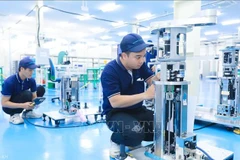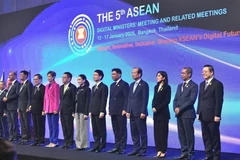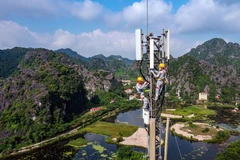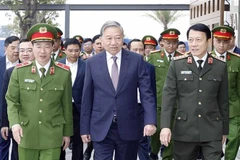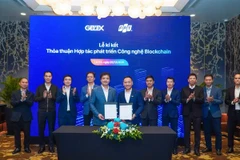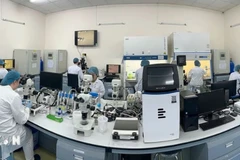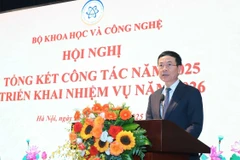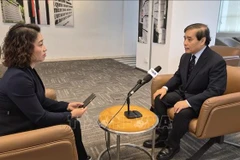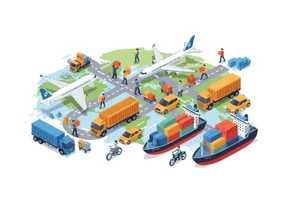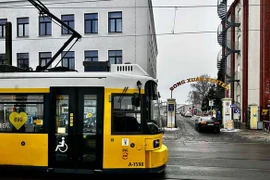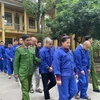HCM City (VNA) – A scientific seminar, themed “Bridging Frontiers: AI, Innovation, Education and the Future of US-Vietnam Tech Collaboration”, took place in Ho Chi Minh City on May 9.
The event was co-hosted by the Centre for Technology Incubation and Innovation Support (ISC), the University of Economics Ho Chi Minh City (UEH) Institute of Innovation (UII), and the UEH College of Technology and Design (CTD).
CTD Vice Rector Assoc. Prof. Trinh Thuy Anh said the event aims to foster interdisciplinary knowledge sharing, as well as advance education values tied to innovation and sustainability. The college aspires to serve as a sustainable platform that unites academia, businesses, and the public in the pursuit of digital transformation, social innovation, and global knowledge transfer.
She framed the event as a timely response to the Politburo’s Resolution No. 57, which prioritises sci-tech, innovation and digital transformation as pillars of sustainable growth. The UEH, she added, has clearly positioned itself as a pioneer in championing innovation, community service, international collaboration, and cultivation of a digital workforce. Through its affiliated units, UEH is gradually building an open academic and technological ecosystem where academia meets real-world application, technology aligns with social responsibility, and education seamlessly integrates with businesses and the broader community.
Do Huy, Chairman of SAVVi Code - a network of professionals supporting Vietnamese businesses and founder of a technology and startup community, drew on his three decades of experience in technology investment to outline how Vietnamese startups can tap into U.S. capital and networks to boost their global competitiveness.
Beyond technology transfer, he stressed the importance of sharing knowledge, management mindset, and innovation-driven leadership to build an ethical, inclusive and sustainable AI ecosystem.
Kenneth Katz, Managing Director & Head of Asia at TAU Investment Management - a private equity firm headquartered in New York and Hong Kong, stressed that many global investment companies are reshaping their portfolios through AI technologies. He pointed to ample potential for collaboration between Vietnamese startups and international partners in green technology, smart supply chains, and automation in manufacturing.
Anthony Tuan Phan, Chairman and CEO of Vietnam Artificial Intelligence JSC and a veteran of multibillion-dollar AI projects at Meta and Amazon, spoke about the critical role of data infrastructure and ethics in AI development. He called for a robust AI engineering workforce in Vietnam to meet the Asia-Pacific’s growing demand for digital transformation.
Discussions also focused on how universities and tech companies can synergise to nurture top-tier AI talent for the global market and ensure AI's responsible development aligned with sustainable development goals./.


